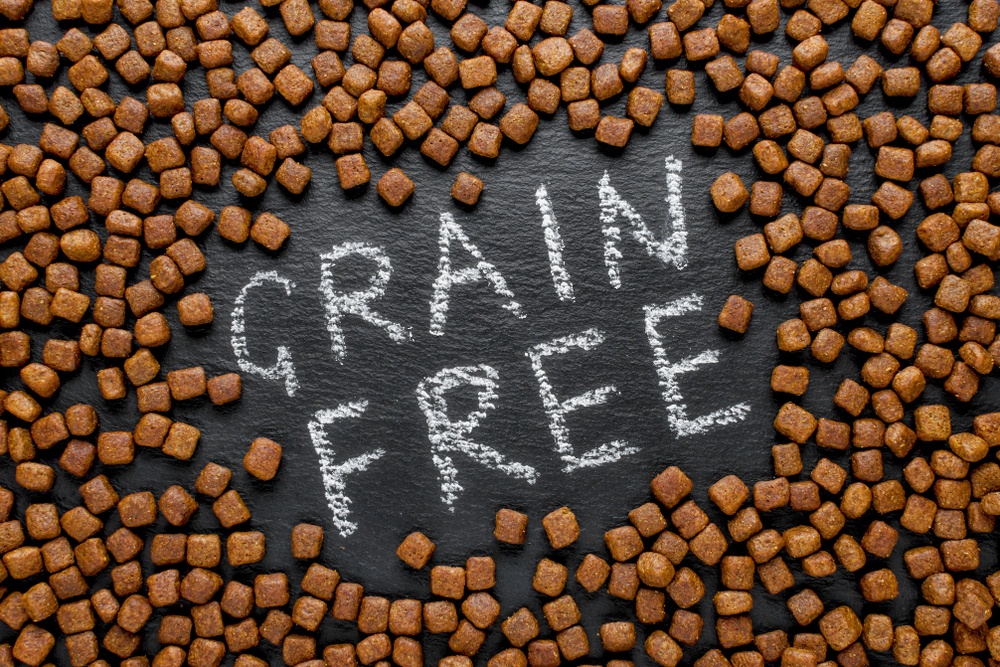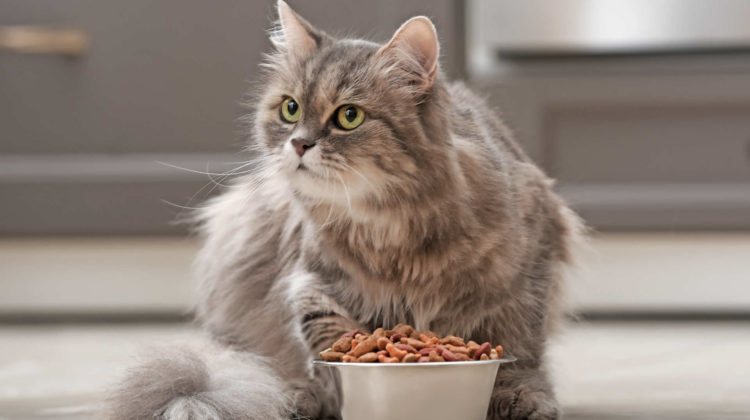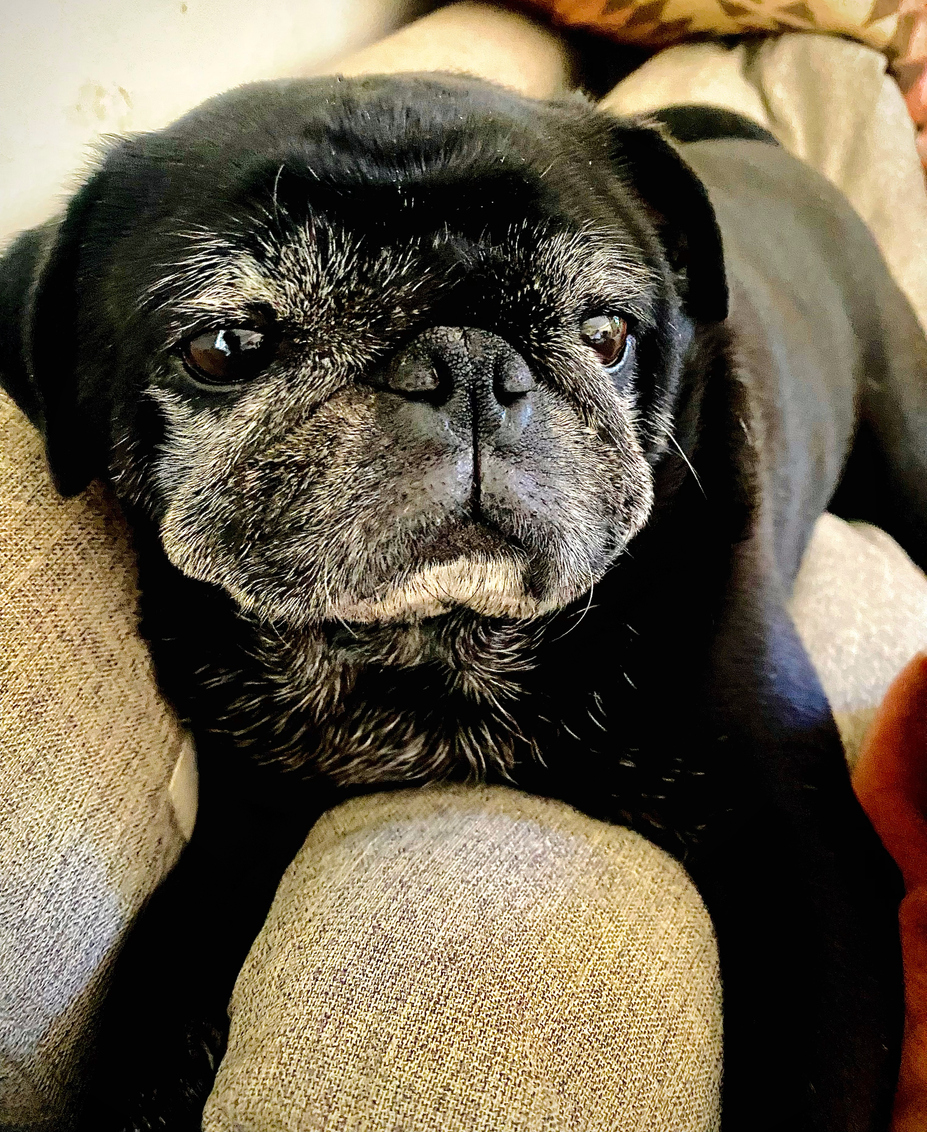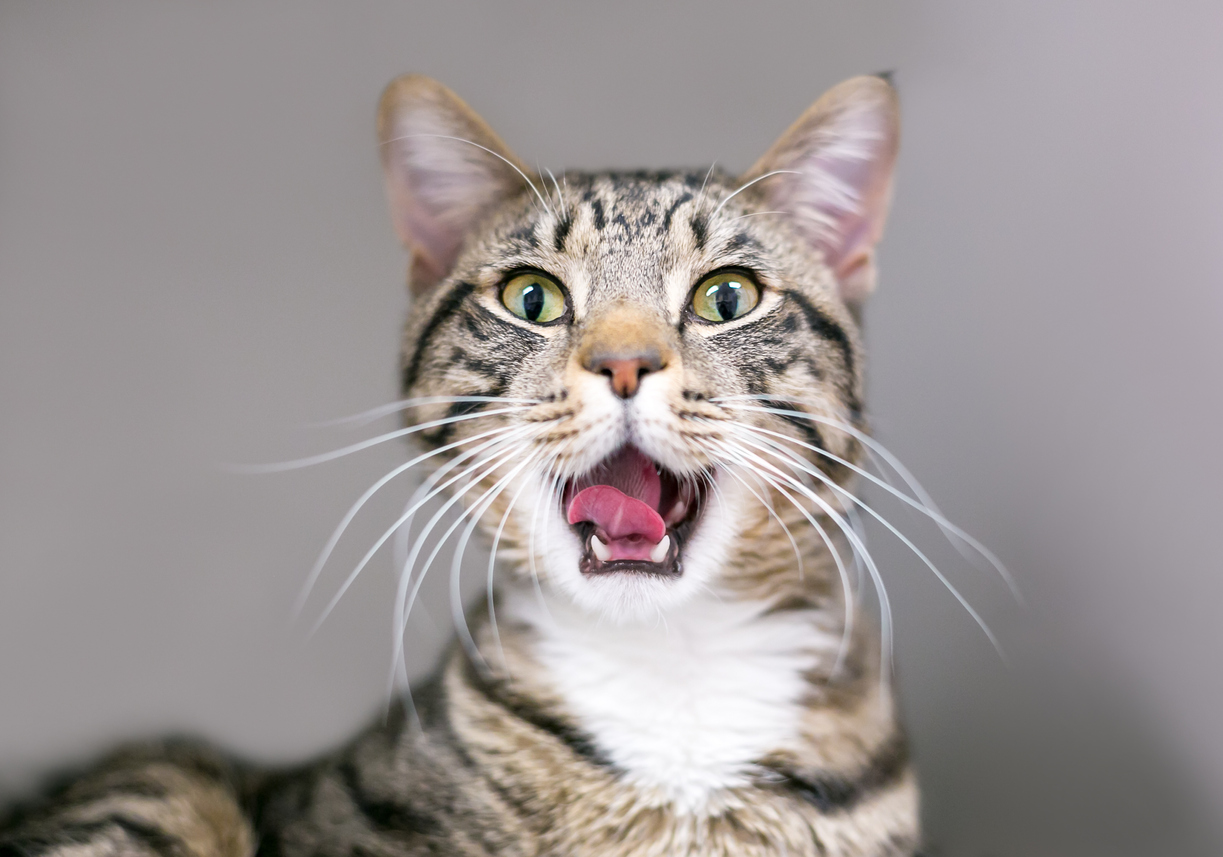Grain Free Diets and Dilated Cardiomyopath
What’s up with grain free diets?
Dogs are historically omnivores, meaning that they eat meat and plants, including grains; nevertheless, grain-free diets are popular among dog owners. Some people reach for grain free food in a misguided effort to reduce food allergies such as gastrointestinal (GI) upsets and itchy skin issues. While a small percentage of dogs may have sensitivities to grains, the vast majority of food allergies are linked to common proteins like beef and poultry, not carbohydrates like grains.
Pet owners may also mistakenly think that grain free diets control weight. As with high protein/low carb human diets, grain-free pet food can be lower in carbohydrates, but higher in fat and calories. That’s why grain free diets don’t guarantee weight-control or weight-loss. Also, manufacturers may substitute grains like wheat, oats, or rice with non-grain carbohydrates like potatoes, carrots, cranberries, sweet potatoes, lentils, chickpeas, beans, or peas. Regardless of the source, carbs are carbs and calories are calories.
Unfortunately, these alternative carbohydrates provide less fiber than grains and may precipitate GI issues. The fiber in grains aids in elimination and also contributes important nutrients to the diet. Iron, thiamine, calcium, riboflavin, folate, and niacin are all in grain. Grain free diets may result in a deficiency of these essential nutrients. And alternate carbohydrate sources cost more.


A link between grain free diets and heart disease (DCM)?
Here’s yet another good reason to think twice about feeding your dog grain free food. Ongoing research is focused on the potential link between canine heart disease, especially dilated cardiomyopathy, and grain free diets. Dogs with dilated cardiomyopathy (DCM) have enlarged hearts that do not pump blood properly. DCM usually affects certain breeds including Doberman Pinschers, Great Danes, Wolfhounds, and Boxer Dogs. When cases of DCM were reported in dogs of non- predisposed breeds, a common factor was noticed...many ate grain-free diets.
Veterinary cardiologists, nutritionists, and the FDA are investigating how diet impacts cardiac disease. Some of the implicated diets containing grain substitutes such as legumes (chickpeas, peas, lentils) as primary ingredients may be a factor. Research is also looking into the rare relationship between taurine deficiency in dog food and heart disease. And, there is additional evidence that there may be food ingredients (exotic meats, fruits, vegetables) that are toxic to the heart.
Here’s the bottom line: research into grain-free diets and heart disease is in the early stages. The FDA wants dog owners to be aware of the potential link. On the other hand, there is no conclusive evidence that whole grains are harmful to the general dog population, so it may be prudent to feed your dog a reputable commercial diet that includes grains unless there is a medical reason to avoid them. As the investigation proceeds, updated information will be provided. Speak to your veterinarian if you have any concerns about the diet you’re feeding to your dog.




